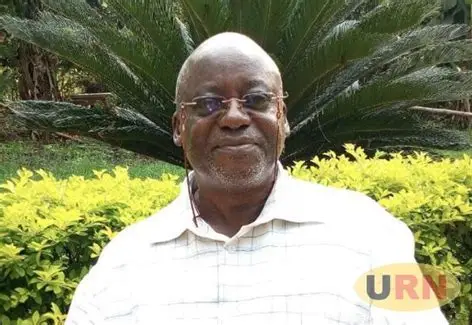
Agriculture and Livestock Development Cabinet Secretary Mutahi Kagwe wants investors to package local tea for export in Kenya, saying this would be cheaper and even guarantees higher returns for both producers and buyers.
Kenyan tea is often packaged outside the country because buyers at the Mombasa Tea Auction are international companies that purchase bulk tea, which they then blend, package and brand it as thir own rather than giving it Kenyan brand.
Mutahi says besides exporting jobs, packaging tea abroad reduces the value of Kenyan tea as the most profitable parts of the supply chain – blending and packaging – are done in importing countries.
Additionally, challenges such as high cost of local packaging materials due to taxes and difficulties in accessing high-grade, internationally compliant packaging resources have historically hindered local value-addition.
Speaking at the North America Tea Conference in South Carolina, Kagwe announced that the government had removed taxes on packaging materials for agricultural products.
The move, he said, allows Kenyan exporters to package tea at source, according to international market specifications, thus delivering direct-to-shelf products with assured freshness, traceability and better returns to farmers.
“By packaging at origin, we eliminate unnecessary costs, improve competitiveness, and strengthen Kenya’s position in the global tea market,” Kagwe told delegates.
The cabinet secretary highlighted Kenya’s leadership in global tea production, noting that the country produced 598.47 million kilogrammes in 2024, a 4.95 per cent increase from the previous year, a growth driven by favourable weather, subsidized fertilizer programs, and expanded processing capacity.
He further pointed to Kenya’s diversification into Orthodox and specialty teas with purple tea developed at the Tea Research Institute standing out as the only variety of its kind in the world.
Purple tea is celebrated for its health benefits and antioxidant content, with purple Orthodox tea fetching three to four times the price of black tea.
“Kenya’s innovation in tea not only secures better earnings for farmers, but also places us ahead in meeting shifting global consumer demands,” he said.
The cabinet secretary also underscored tea’s environmental and cultural importance describing it as both a livelihood and a crop that conserves ecosystems by preventing soil erosion, supporting biodiversity and sequestering carbon.
Kagwe asked the US import more Kenyan black, green and purple teas, noting that quality goods would always find a market.
The minister was accompanied by Tea Board of Kenya CEO Willy Mutai, KTDA Chair Geoffrey Kirundi and his CEO Wilson Muthaura, together with the Kenyan ambassador to the US David Kerich.
Kenya is a major global tea producer and exporter, renowned for high-quality black tea grown in the fertile highlands of the Great Rift Valley.
The industry features both large, company-owned estates and hundreds of thousands of small-scale farmers, with the Kenya Tea Development Agency (KTDA) representing the majority of smallholders.
Tea production is influenced by weather, particularly rainfall and temperatures and the country employs the CTC method (cut, tear, and curl) to process most of its tea, creating grades like Fannings and Dusts used in tea bags.
The agriculture cabinet secretary is on a week-long mission in the United States to secure direct market access for Kenyan agricultural produce.
- A Tell Media / KNA report / Wangari Ndirangu







